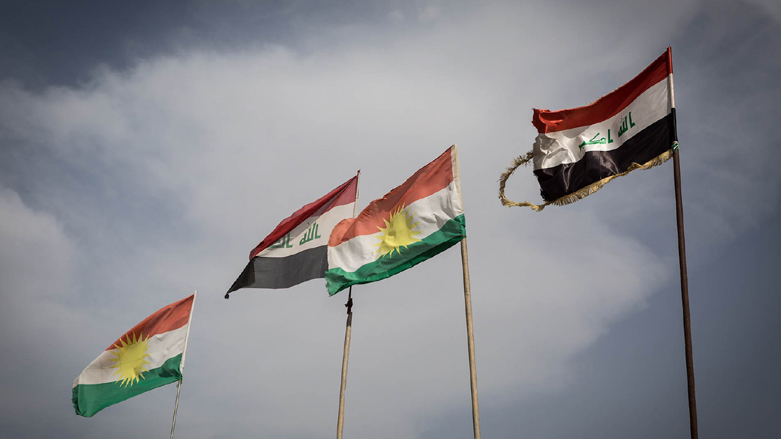Kurdistan cabinet discusses economy, return of KRG delegation to Baghdad next week

ERBIL (Kurdistan 24) – On Wednesday, the Kurdistan Regional Government’s (KRG) cabinet held its regular weekly virtual session, chaired by Prime Minister Masrour Barzani and with the active participation of his deputy, Qubad Talabani.
“The Council of Ministers stressed continued commitment to reducing salaries of senior officials, including those retired with high pay brackets. These meetings will continue until next Sunday,” a statement from KRG website read, referring to one of the plans aimed at reducing government expenditures amid an economic crisis caused by the coronavirus, spiralling oil prices, and ongoing disputes with the federal government in Baghdad.
“During the meeting, the Cabinet extended the deadline to pay public water and electricity bills with 15% discount until September 1, 2020,” the statement continued, pointing out that ministers discussed the progress of ongoing Erbil-Baghdad talks and decided that the KRG delegation that traveled to Baghdad twice in May will return next week.
According to the statement, the team aims to “develop mutual understandings agreed upon by the two sides earlier, to secure the financial rights and entitlements of the region in exchange for proceeding with its obligations within the framework Iraqi constitution.”
The delegation first traveled to the capital after oil disputes led to the decision by the previous federal government, headed by former Prime Minister Adil Abdul Mahdi, to suspend payments of the Kurdistan Region's share of the national budget.
Read More: KRG delegation heads back to Baghdad for talks on oil, budget freeze
The team, led by Qubad Talabani, took part in high-level discussions with top officials following the Iraqi Council of Ministers' abrupt order to the federal finance ministry to immediately freeze funds already allocated to the autonomous region.
Erbil-Baghdad relations have always been fraught with disputes, nearing a total breakdown after the Kurdistan Region's 2017 independence referendum, followed by Iraqi forces and Iran-backed militias of the Popular Mobilization Forces (PMF) attacking disputed areas such as Kirkuk to push Kurdish Peshmerga forces from them.
The two governments eventually converged to some extent on a range of issues, especially after Abdul Mahdi came into office in late 2018.
Still, oil and budget have remained a significant source of dispute between the central government and KRG, first starting when the autonomous region began to export its oil independently. A 2019 deal with the Abdul Mahdi administration stipulated that the KRG must deliver Baghdad 250,000 barrels per day (bpd) in return for, among other things, securing the region's allocation in the Iraqi federal budget.
The Kurdistan Region did not implement the oil handover, but then in late 2019, Erbil again renewed the agreement amid new negotiations. But, Abdul Mahdi explained during a press conference in mid-2019, the federal government has deducted the KRG's share of the national budget by the amount equivalent to the oil barrels owed.
Although Erbil has not announced any concrete results from the earlier rounds of the Baghdad negotiations in May, Kurdish officials have described them as “positive.”
Editing by John J. Catherine
